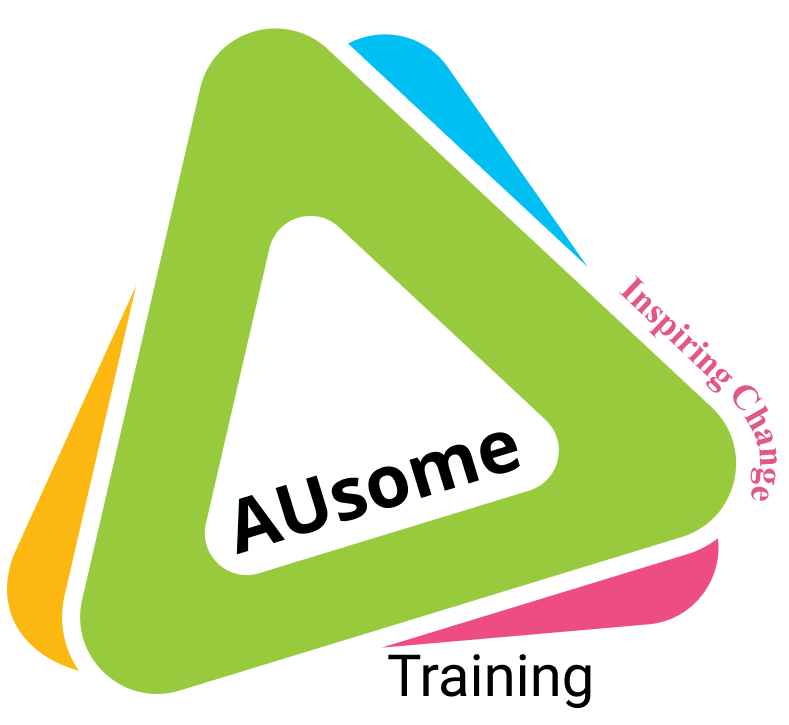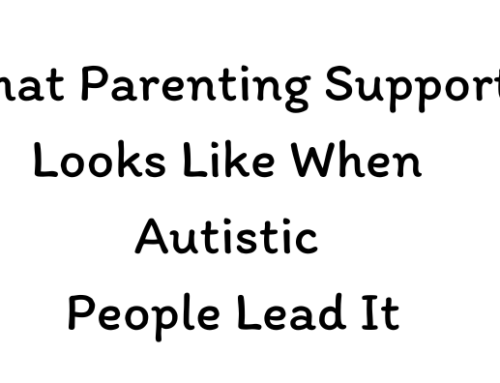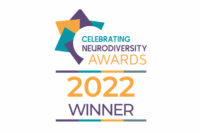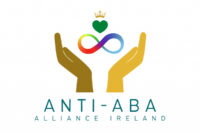Contrary to previous assumptions, extensive research supports the notion that Autistic individuals possess effective social communication skills when interacting with others who share similar ways of perceiving and processing the world. So let’s move away from outdated social skills training and move to neuro-affirmative social skills practice. The Double Empathy theory challenges the traditional view that Autistic people lack the necessary skills to engage successfully in social interactions. Instead, it posits that communication difficulties often arise from a mismatch in neurotypes, emphasizing the importance of understanding and accommodating diverse cognitive processing styles.
Neuro-Affirmative Social Skills: what does the research say?
In line with this perspective, recent research conducted by Laura Hull, Lily Levy, Meng-Chuan Lai, K. V. Petrides, Simon Baron-Cohen, Carrie Allison, Paula Smith, and Will Mandy explored the association between social camouflaging and mental health in autistic adults. The study aimed to investigate whether higher self-reported camouflaging was associated with higher rates of social anxiety, generalized anxiety, and depression symptoms, while controlling for autistic trait intensity and considering the potential moderating effect of gender.
The findings of this study revealed that camouflaging was indeed associated with greater symptoms of generalized anxiety, depression, and social anxiety in autistic adults. However, the extent of this association was relatively small beyond the contribution of autistic traits and age. Camouflaging was found to predict generalized and social anxiety more strongly than depression. No significant interaction between camouflaging and gender was identified. These results suggest that camouflaging acts as a risk factor for mental health problems in autistic adults without intellectual disability, regardless of gender. So if camouflaging or “masking” increases anxiety, depression and social anxiety then we need to find better ways to support Autistic youth by moving to neuro-affirmative social skills practice.

Kieran Rose, an important Autistic voice in the discussion of masking, has shed light on this phenomenon. He emphasizes that masking is a response to the deficit narrative and the stigma surrounding autism. According to Rose, societal perceptions of autism as a deviation from the norm have created an environment where Autistic individuals feel compelled to suppress their natural responses and adopt alternative behaviors. This suppression often stems from a desire to fit into social expectations and avoid potential negative judgments. Understanding the underlying social context and the impact of stigma on masking is crucial for developing effective support strategies that promote authenticity and well-being for Autistic clients.
In considering the intersectionality of masking, it is essential to challenge the notion that masking is exclusively associated with a “female autism phenotype.” Autistic masking should not be narrowly defined by gender norms and stereotypes, as this can hinder accurate diagnosis and support for individuals who do not fit within these limited categories. Recognizing the diverse community of Autistic people and acknowledging the influence of factors such as gender, race, and co-occurring conditions is crucial. By taking a sociodevelopmental approach and examining the societal factors that contribute to the development and maintenance of masking, we can gain a deeper understanding of its complexities and work towards creating more inclusive and supportive environments.

Furthermore, research conducted by Crompton and Fletcher provides additional support for the Double Empathy theory by focusing on peer-to-peer communication. Their work emphasizes the significance of interactions between individuals who share similar cognitive processing styles. This research highlights that when Autistic individuals communicate with others who understand and respect their unique ways of perceiving and processing the world, they demonstrate effective social communication skills. It challenges the notion that communication difficulties solely stem from inherent deficits in Autistic individuals and instead points to the importance of creating environments that accommodate and appreciate diverse neurotypes.
Understanding Masking – a key element
Understanding the impact of social camouflaging on mental health in Autistic individuals is crucial for developing effective support strategies. When Autistic individuals engage in camouflaging, they may suppress their true selves to conform to social expectations, leading to increased stress and vulnerability. Recognizing the negative consequences of camouflaging can help inform interventions and support systems that promote authentic self-expression, reduce mental health challenges, and enhance overall well-being.
To build a more inclusive society that values and celebrates the unique contributions of Autistic individuals, it is essential to recognize and appreciate their social communication strengths and abilities. By embracing the principles of the Double Empathy theory and fostering a deeper understanding of diverse neurocognitive experiences and Autistic perspectives, we can bridge the empathy gap and create inclusive environments where individuals of all neurocognitive profiles feel valued, supported, and empowered to authentically express themselves.
This is where Get Konnected: Neuro-Affirming Social Skills Course offered by Ausome Training can make a significant difference. This comprehensive course equips professionals working with children and teens with the knowledge and skills to develop neuro-affirming practices. The course covers a wide range of topics, including understanding neurodiversity, fostering inclusive communication strategies, promoting social skills development, and supporting mental health and well-being.
Neuro-Affirmative Social Skills Practice: what does it look like?
Neuro-affirmative social skills practice entails providing support to Autistic clients in a manner that respects their neurotype and communication preferences. It goes beyond individualized intervention and also involves educating and supporting the people surrounding them. The primary goal of neuro-affirmative social skills practice is to transform the social environment by fostering understanding and awareness of Autistic experiences and communication styles. By educating others about the unique ways Autistic individuals perceive and process information, we can work towards minimizing the mismatch between different communication styles. This approach emphasizes the importance of creating an inclusive and accepting environment that values diverse neurocognitive profiles, ultimately leading to improved social interactions and increased mutual understanding.

Mismatches in communication occur across different cultures, this is something we already know. Now we are beginning to realise that it also happens across neuro-cultures. Mismatches in communication are not limited to neurotype alone but also occur across different cultures. Cultural norms and expectations shape the way people communicate, and when individuals from different cultural backgrounds interact, misunderstandings can arise. This holds true for both non-autistic individuals and Autistics. Cultural differences in nonverbal cues, social conventions, and communication styles can create challenges in understanding and empathizing with one another. Recognizing and appreciating these cultural differences is essential for promoting effective cross-cultural communication and fostering inclusivity. By acknowledging the impact of cultural factors on communication and embracing a culturally sensitive approach, we can bridge the gaps and promote mutual understanding among diverse individuals and communities.
By enrolling in Get Konnected: Neuro-Affirming Social Skills Course, professionals can gain practical tools and strategies to create supportive and inclusive environments for Autistic clients. They will learn how to tailor their approaches to accommodate diverse communication styles, draw on the insights of the Double Empathy theory, and promote authentic self-expression. This course provides a unique opportunity to enhance professional expertise and contribute to building a society where the strengths and abilities of Autistic individuals are recognized, valued, and celebrated.
Join us today. Sign up for the next available Get Konnected Course and be part of the movement to create positive change in the lives of Autistic clients. Together, we can bridge the communication divide, foster understanding, and build a more inclusive and empathetic society for all.





